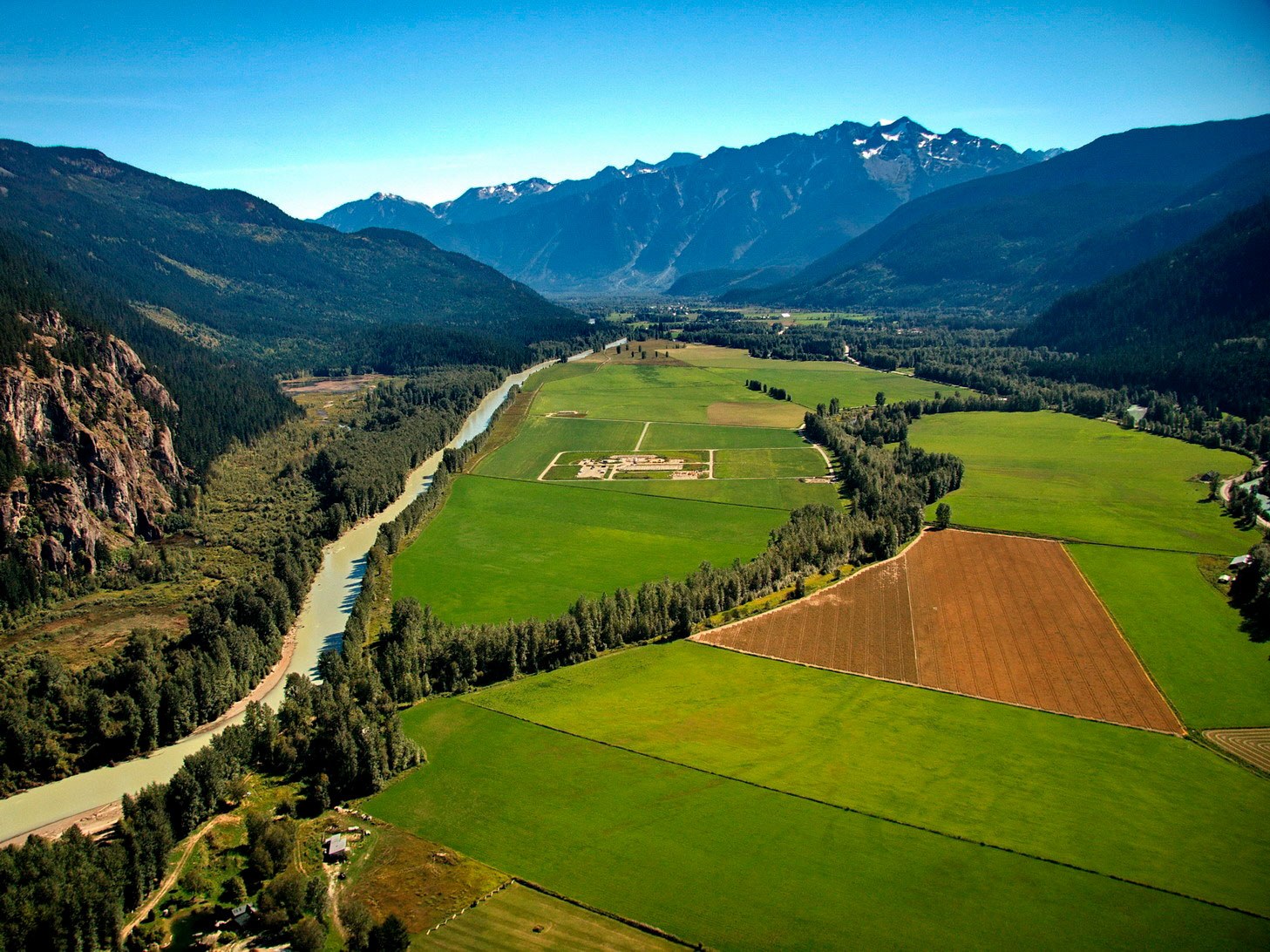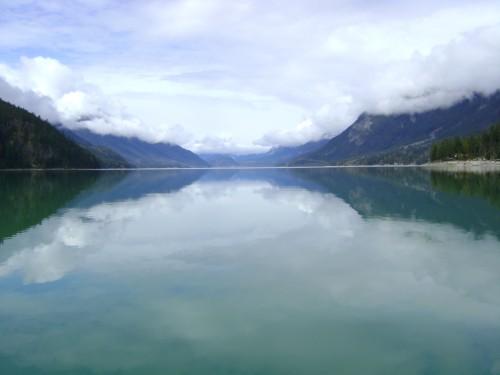Frequently Asked Questions
A selection of good questions with good answers
- How can I pay my dyking taxes?
-
You can pay your dyking taxes by cheque, cash or online through your bank. Please write your BCAA Folio Account Number on your cheque. The nine digit number is located in the top right corner of your Tax Notice (include prefix “F”). This is also your account number when paying online. You can find the Pemberton Valley Dyking District listed under Taxes in your bank's list of payees. Please ensure your payment is directed to the Pemberton Valley Dyking District and not the Village of Pemberton.
- What are the regulations for construction work on or adjacent to dike?
-
The PVDD should be contacted anytime there is proposed excavation or construction on or adjacent to a dike. Please be aware that most excavation and construction activities require Ministry of Environment, Dike Maintenance Act (DMA) approvals. The following BC government web page outlines the regulations when working on and around a dike.
- What are the Laws relating to Dykes in the Pemberton Valley?
-
The “Dike Maintenance Act” was created to protect the integrity of flood protection structures. Dike Maintenance Act
- Who is currently on the Board of Trustees?
-
Visit our Current Board of Trustees page.
- Why aren’t there trails on all of the dykes in the valley?
-
Most of the dykes in the valley were constructed on private property. Construction of the flood protection work was carried out during a period when the valley’s population was relatively small and main focus was to create viable farm land. Since then, the Valley’s population has grown significantly, and there is an obvious interest in development of a trail network that would utilize the dyking system.
The PVDD does not have the authority to grant access to dykes located on private property.
For dykes situated on Crown Land, the PVDD does not have the authority to grant access or deny access unless the dyke is being damaged or access is being restricted.
Anyone wishing to use the dykes for recreational and/or other uses must obtain permission from individual land owners or Crown Lands, respectively.
- I don’t live in the flood plain so why do I have to pay Dyking Taxes?
-
The development of flood protection in the Pemberton Valley allowed for construction of critical infrastructure such as roads, bridges, hydro, water, schools, health care facilities, etc. As a result, development occurred and the Valley as we know it was created. Most developments, whether in the flood plain or not, would simply not exist without flood protection. All residents of the Pemberton Valley have and continue to benefit from the flood protection work and therefore taxes are applied to everyone within the PVDD boundaries.
- Can the PVDD excavator be hired?
-
No, the District excavator is not available to be hired.
- How is dyking assessed and taxed?
-
The Dyking Tax is based on the BC Property Assessment Value. A mill rate per $1,000 of assessed property value is applied. The most common mill rates for 2020 are as follows:
Residential and Farm $ 0.57 Commercial $ 1.40
To calculate the dyking tax:
If the total assessed value of a residential property is $400,500 multiply 400.5 x .57 = $228.29. The calculation for a commercial property with the same assessed value is 400.5 × 1.40 = $560.70.
The 2020 Minimum Tax = $225.00
- When should I pay my Dyking Taxes?
-
Dyking Taxes are considered due upon receipt, however you have till December 31st of the taxation year to pay without penalty. A 10% penalty will be applied to outstanding balances after December 31st.
- What happens if I do not pay my Dyking Taxes?
-
A 10% penalty will be applied to outstanding Dyking Taxes after December 31st. Taxes and penalty are transferred to an arrears account in the year that follows. Arrears are subject to monthly interest charges beginning in March of the following year continuing until the tax is paid. Taxes overdue after 12 months will be transferred to a delinquent account. Taxes overdue after 24 months will be transferred to a Third Year Delinquent account, and if not paid, the respective property may be offered for Tax Sale in that year.
2015 > Current > 2016 > Arrears > 12 months overdue 2017 > Delinquent > 24 months overdue 2018 > Eligible for Tax Sale
- Will my mortgage company pay my Dyking Taxes?
-
Possibly, if individuals make arrangements directly with the mortgage company to do so.
- What should I do if my mailing address changes?
-
Please Contact Us as soon as possible to update our files and also notify BC Assessment.
You may require information from your property tax notice. - What is the Dyking Tax?
-
The Dyking Tax is a tax implemented to monitor, maintain and upgrade the flood protection works that have been developed since the mid 1940’s by the Federal and Provincial Governments. The work includes management of 44 km of dykes, 25 km of drainage ditches, 30+ culverts and flap gates and 16 km of bank armoring in the valley that are maintained by the Pemberton Valley Dyking District as well as sediment management in all major rivers and creeks that is required to maintain dyke free board.
For more detailed information on maintenance activities, please refer to the Flood Protection section.
In addition to the maintenance, monitoring and upgrading, the Dyking District is responsible for an office in the Village of Pemberton, a works yard in the Industrial Park, two gravel pits that are used to supply material for maintenance and upgrade projects and a variety of equipment including an excavator.
The Dyking District is composed of two full time staff and a 5 member Board of Trustees.




